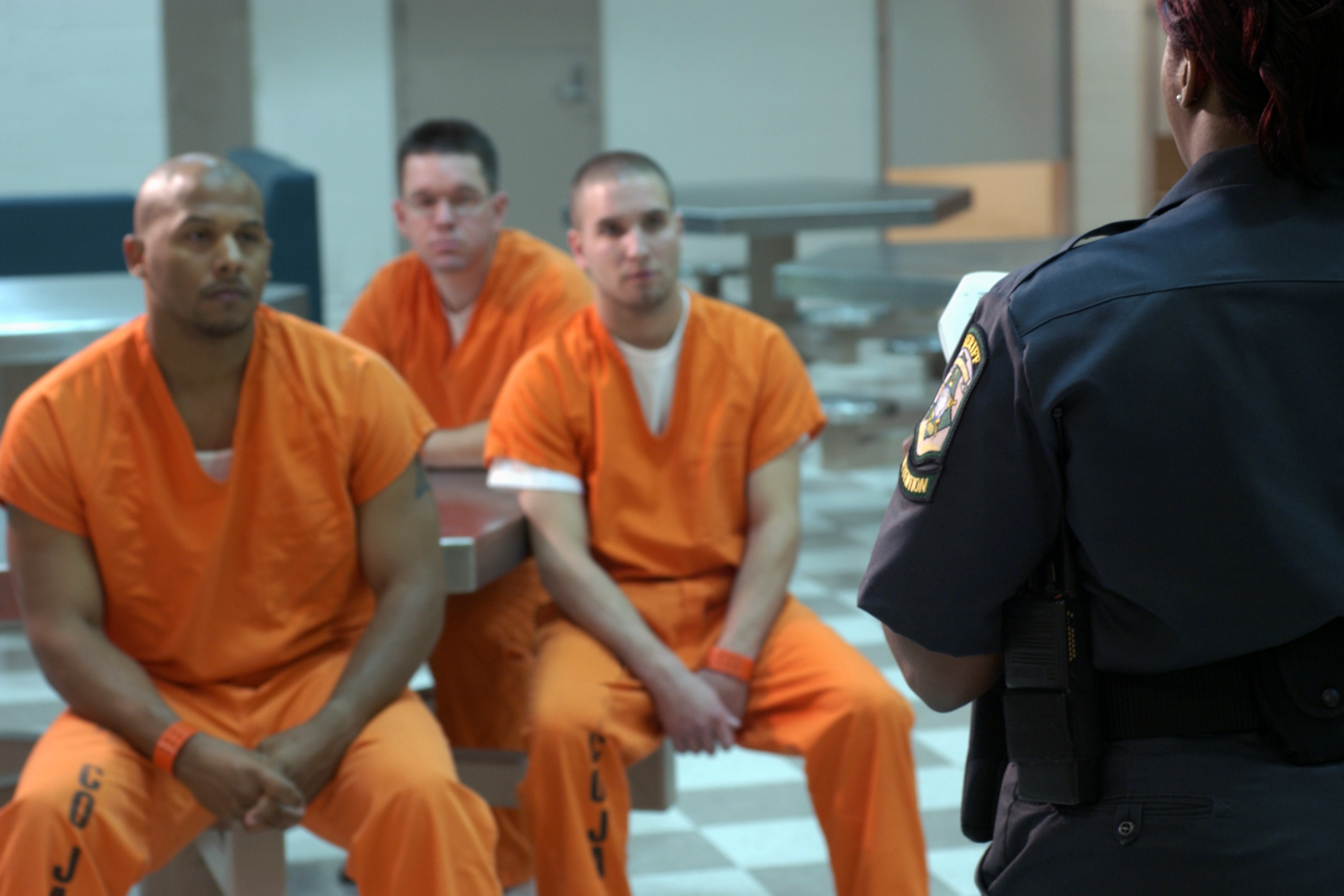Criminal Defense: The Burden of Proof
 Criminal Defense Lawyers
Criminal Defense Lawyers
The fundamental principal of the American system of criminal justice is that a defendant is presumed innocent and maintains this presumption until a judge or jury finds him or her guilty beyond a reasonable doubt. The burden of proof is never on the defendant but on the prosecution, which has the burden of proving each and every element of the crime charged based on that standard. If facing criminal charges of any kind please contact our Philadelphia criminal defense lawyers for a free case review.
While the prosecution has this burden, it does not have to prove its case beyond all doubt or certainty. During a criminal trial, a judge will actually instruct the jury that reasonable doubt does not mean the elimination of any possible doubt or scientific certainty.
The law defines reasonable doubt as a doubt that would cause a reasonable person to hesitate before acting upon a matter of high importance in his or her own affairs. Clients often ask me what reasonable doubt actually means. I tell them that it is the belief that there is a real possibility that the accused person is not guilty of the crime. In other words, reasonable doubt exists in cases in which, after considering all the evidence, the “fact finder” (judge or jury) can’t state with clear conviction that the charges against the individual are true.
Great care is taken before the start of a jury trial to ensure that all jurors understand and respect this legal principle; this process is known as voir dire. It is extremely important during this process that the criminal defense attorney thoroughly examine each prospective juror to identify any biases, prejudices, or any other issues that could affect the jurors’ impartiality.
Next to reasonable doubt, the most important concept in criminal justice is that it does not require the defense to do anything but respond to charges with either a not guilty or a guilty plea. While it is not necessary for the defense to do anything, it is critical that an accused individual understand his or her defense attorney’s strategy.
It is important that your team of criminal defense lawyers organize themselves through the construction of a proper theme and theory. The defense’s theme and theory considers all the direct and circumstantial evidence. It directs jurors to pieces of evidence, unanswered questions, and issues that will persuade them to find that the prosecution has not met its burden of establishing guilt beyond a reasonable doubt.
A defense attorney can create reasonable doubt in the minds of a judge’s or a jury, but this requires a command of the law, the facts, and a strategic plan. While the burden is on the prosecution to prove a person guilty, that concept is sometimes forgotten or blurred during the course of a trial as emotions enter jurors’ minds. It is the duty of your lawyer to diligently and persuasively assert the prosecution’s inability to meet its burden. The defense’s theme and theory need to reveal all the weaknesses in the prosecution’s case.

